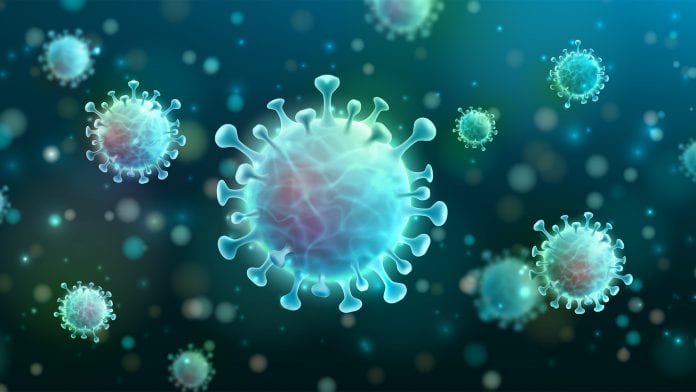
An ultrafast, on-chip PCR test has been developed that enables fast, point-of-care diagnosis, and could speed diagnosis during current and future pandemics.
A team of researchers has developed a plasmofluidic chip that can perform PCR in only eight minutes, which could enable ultrafast diagnosis during current and future pandemics. Current PCR tests require bulky and expensive equipment and can take an hour to produce results. This new test will enable fast diagnosis at the point of care.
The researchers have reported in ACS Nano.
Ultrafast point-of-care diagnosis
Rapid diagnosis of infectious diseases is vital for timely medical care, quarantining, and contact tracing. The PCR portion of current tests requires 30 to 40 cycles of heating and cooling in special machines, which takes around one hour, and samples must typically be sent away to a lab. This means that diagnosis cannot be given for one to two days.
To combat this, Ki-Hun Jeong and colleagues wanted to develop a plasmofluidic PCR chip that could quickly heat and cool miniscule volumes of liquids, allowing accurate, ultrafast point-of-care diagnosis.
The team created a postage stamp-sized polydimethylsiloxane chip with a microchamber array for the PCR reactions. A drop of sample is added to the chip, then a vacuum pulls the liquid into the microchambers, which are positioned above glass nanopillars with gold nanoislands. Any microbubbles, which could interfere with the PCR reaction, diffuse out through an air-permeable wall. White LED is then turned on beneath the chip, and the gold nanoislands on the nanopillars quickly convert light to heat, then rapidly cool when the light is switched off.
The researchers tested the device on a piece of DNA containing a SARS-CoV-2 gene, accomplishing 40 heating and cooling cycles and fluorescence detection in only five minutes, with an additional three minutes for sample loading.
The team says that the amplification efficiency was 91%, compared to the conventional PCR process which has an efficiency of 98%. With the reverse transcriptase step added prior to sample loading, the new method could enable the entire testing time to take only 10 to 13 minutes.
























